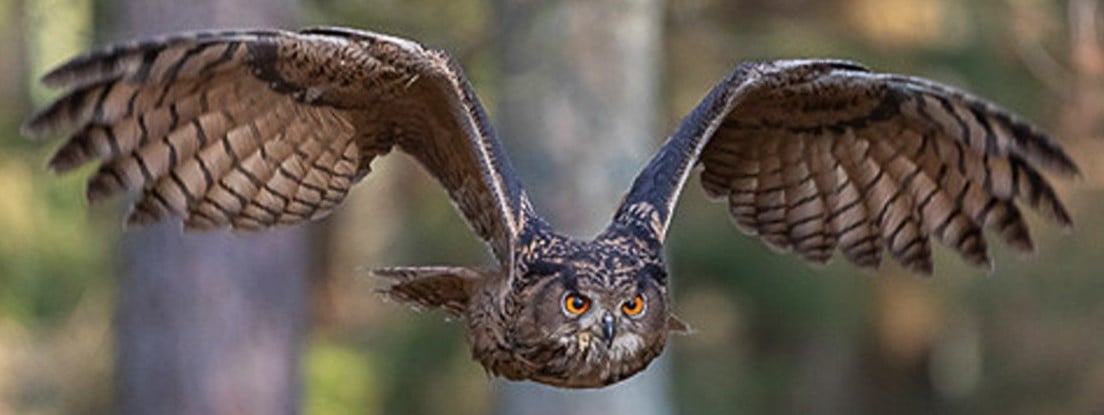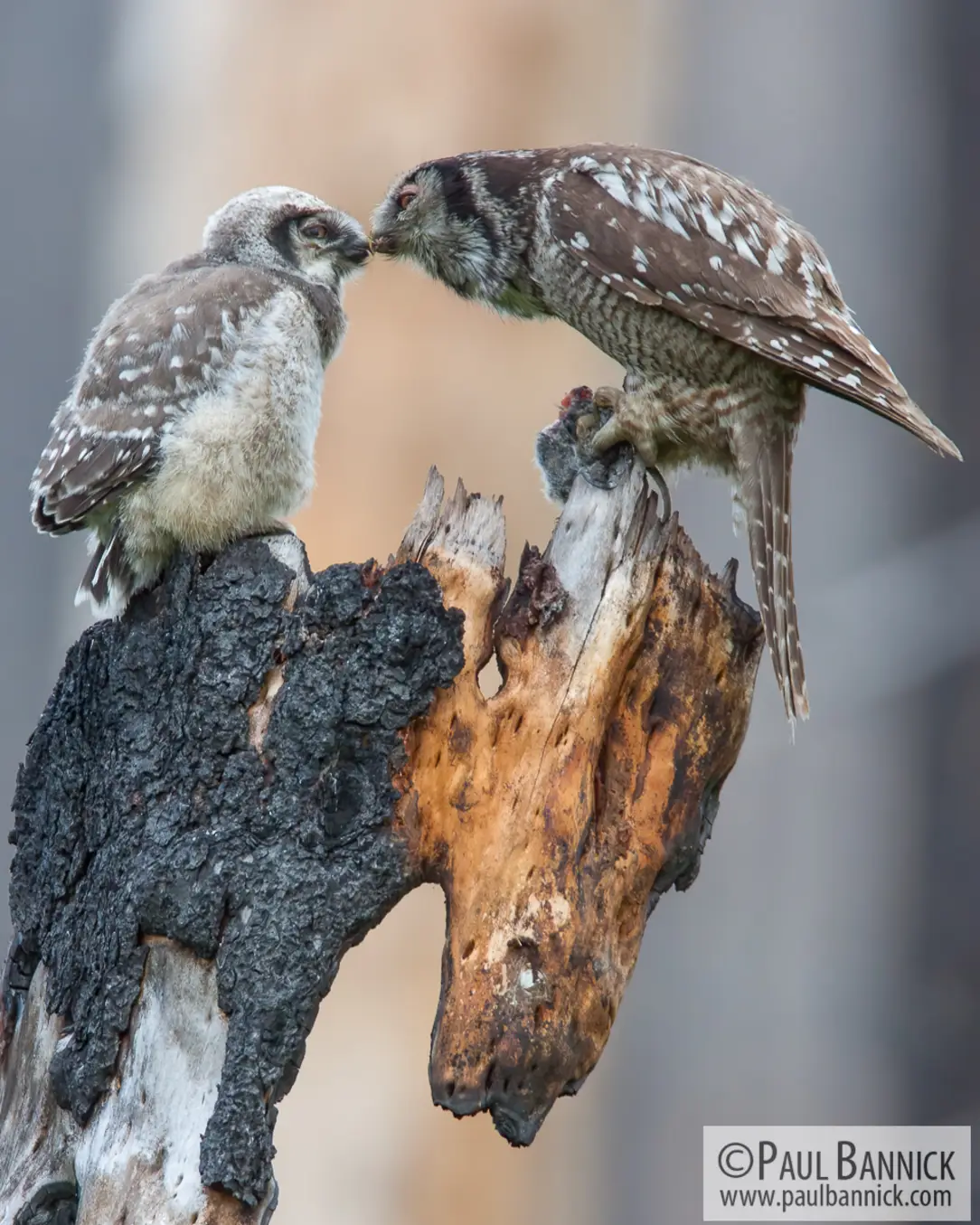The branch they're perched on resembles a miniature horse.
Superbowl
For owls that are superb.

US Wild Animal Rescue Database: Animal Help Now
International Wildlife Rescues: RescueShelter.com
Australia Rescue Help: WIRES
Germany-Austria-Switzerland-Italy Wild Bird Rescue: wildvogelhilfe.org
If you find an injured owl:
Note your exact location so the owl can be released back where it came from. Contact a licensed wildlife rehabilitation specialist to get correct advice and immediate assistance.
Minimize stress for the owl. If you can catch it, toss a towel or sweater over it and get it in a cardboard box or pet carrier. It should have room to be comfortable but not so much it can panic and injure itself. If you can’t catch it, keep people and animals away until help can come.
Do not give food or water! If you feed them the wrong thing or give them water improperly, you can accidentally kill them. It can also cause problems if they require anesthesia once help arrives, complicating procedures and costing valuable time.
If it is a baby owl, and it looks safe and uninjured, leave it be. Time on the ground is part of their growing up. They can fly to some extent and climb trees. If animals or people are nearby, put it up on a branch so it’s safe. If it’s injured, follow the above advice.
For more detailed help, see the OwlPages Rescue page.
I see it now! 😄
But moooooommmmmmm I don't want leftovers!
This got me to go down a bit of a dive into reading about stomach acid. Owl have weaker stomach acid than we do, which seems odd to me, as they eat things prone to a number of diseases and worms, etc, and they will store food to feed later to the babies. It had me wondering how that isn't a food safety issue.
I didn't find any conclusive answer. Most studies seemed to focus more on humans, and how our very acidic stomachs may be killing off the important gut microbiomes. I wonder if that makes the difference for them. Herbivores have the least acidic stomachs, since their food is generally the safest, and they need a rugged gut biome to have enough good bacteria to break up all the fiber.
I thought it was interesting that maintaining our very low pH stomach acid has a significant metabolic price, which may also be why we can "afford" it while wild animals can't, since we tend to have much more stable access to high quality food that can be eaten without as many symbiotic microbes, for better or worse.
